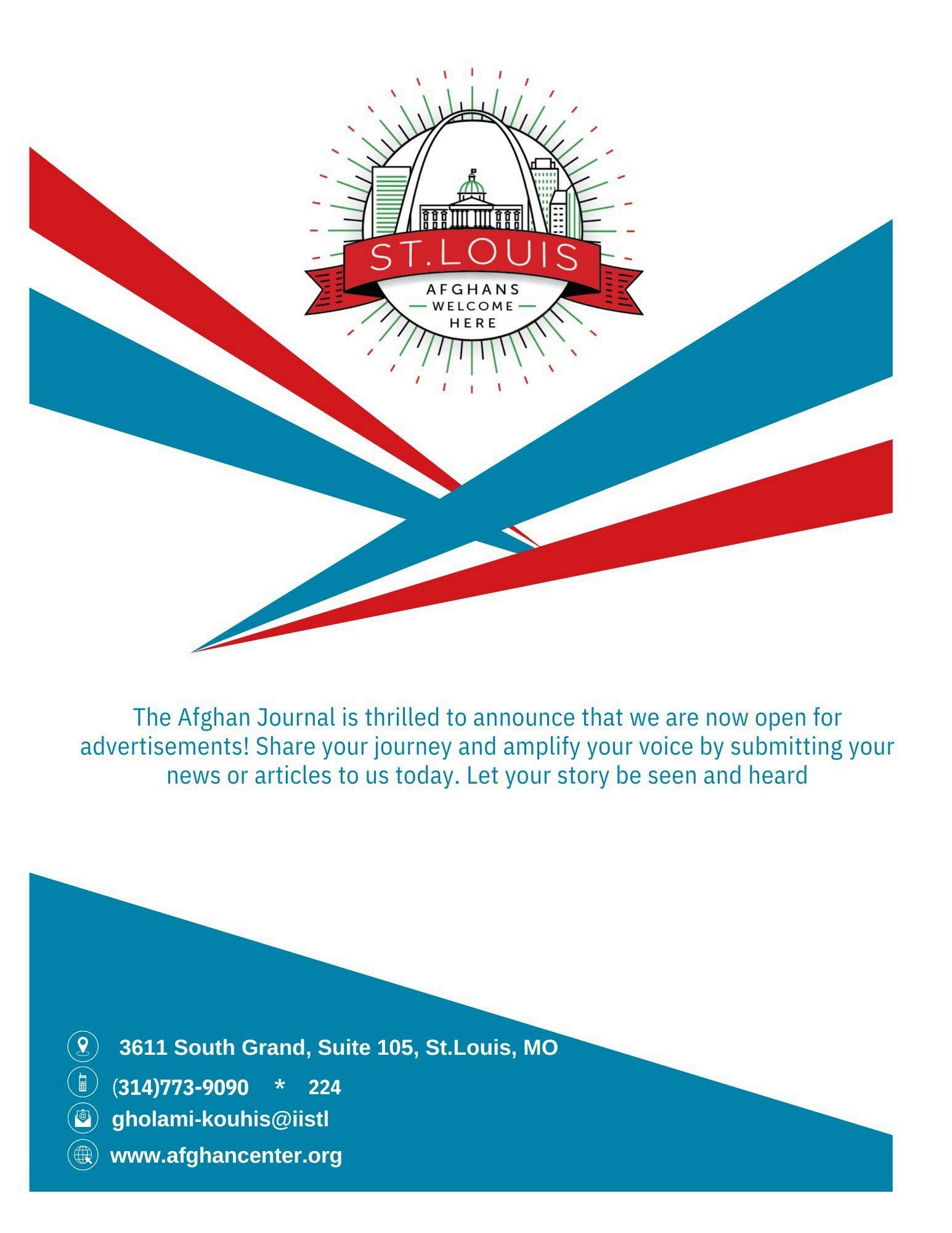JOURNAL


The Afghan Journal highlights the stories, culture, and resilience of the Afghan community, fostering unity and understanding. It showcases shared experiences and aspirations.


Just as we did yesterday, today we have a community to serve. We are committed to welcoming immigrants and refugees, providing a safe community for them to build their lives, and protecting their right to live with dignity."
Arrey Obenson President and CEO, International Institute of St. Louis

A Quick Guide to Finding Employment in the U.S
Brant Sextro | brantsextro@hotmail.com
Hello, friends,
In this month's article, I am excited to focus on employment opportunities and strategies While the economy shows signs of slowing, there are still many positive approaches to job searching and career growth. This article shares practical advice to help you navigate the job market with confidence and make informed career decisions Finding a job is essential, and improving your English skills can unlock better opportunities. Many Americans are eager to support newcomers in advancing their English, making integration and success easier. Daily practice and exposure, even with mistakes, lead to rapid improvement It’s encouraging to note that Dari and Pashto share linguistic roots with English, which can make the learning process smoother.
Industries providing essential services, like plumbing and auto repair, often remain stable during economic downturns Prioritizing these fields can offer job security and steady work. Temporary and staffing agencies are also excellent starting points, offering quick access to various opportunities and allowing you to explore different work environments. These agencies often assist individuals with limited or no English skills in finding entry-level positions, making them an excellent first step toward stable employment.
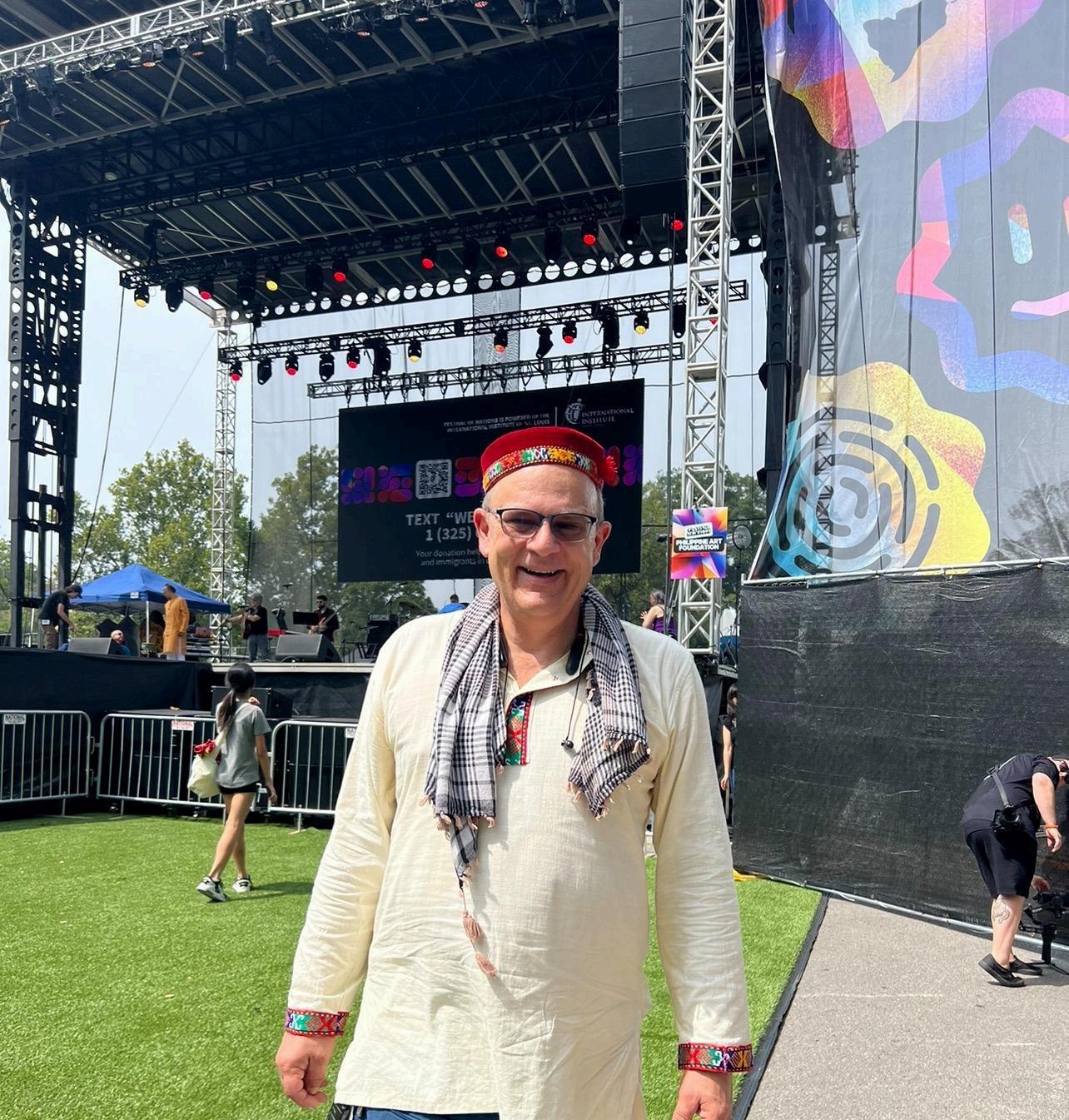
Large companies frequently offer carpooling options, helping you save money for larger goals, such as buying a car or even a home. As your English proficiency improves, you’ll gain access to higher-paying and more specialized roles, expanding your career options. Immigrants are often admired for their strong work ethic and loyalty qualities highly valued by employers. With the current labor shortage, there’s even greater potential for success in trades and skilled jobs. By building language skills and focusing on stable industries, you can pave the way for a bright and secure future

It’s important to leave any job on good terms by providing a two-week notice, ensuring positive references for future opportunities. Unions are another option for those seeking specialized training and higher wages. Unions provide excellent training, safety adherence, benefits, and job security, making them an attractive choice for those interested in skilled trades.
Understanding labor laws is also vital for protecting your rights at work. Become familiar with policies surrounding minimum wage, workers' compensation, and safety regulations.
Entrepreneurship is an exciting path for many newcomers. While starting a business can be challenging, it’s an area where immigrants excel, contributing to 20% of new businesses. Start small, leverage your personal network, and grow from there. It’s wise to thoroughly understand your industry before investing or borrowing money. Learning skills on the side, like home repairs through online resources, can lead to successful small businesses.

Lastly, be cautious of too-good-to-be-true schemes. Genuine opportunities require commitment and effort. Stay informed, take strategic steps, and your path to success will be steady and rewarding.

TheJourneyofMadina Darwish
Madina Darwish’s journey is one of resilience, perseverance, and an unwavering commitment to uplifting others Born in Kabul, Afghanistan, in 1993, Madina grew up as one of nine siblings. From a young age, she embraced the role of caretaker, driven by a deep desire to nurture and support her loved ones. This sense of responsibility and compassion shaped her life’s trajectory, making her a pillar of strength not only for her family but also for her community
When Madina was just two years old, her family moved to Peshawar, Pakistan, seeking refuge from the challenges in Afghanistan. Peshawar became her home for over two decades the longest she has lived in any one place It was there that Madina developed a love for learning and a dedication to caring for others. She went on to earn a Bachelor’s degree in Economics, but despite her academic success, she always harbored a dream of becoming a doctor, driven by her passion for improving the well-being of others
In 2015, Madina married her husband, Khalid. After a brief return to Kabul, the couple relocated to St. Louis, Missouri, in 2016. As a first-time mother of twins and without immediate family support, Madina faced significant challenges in a new and unfamiliar country However, St Louis soon became a place of hope and opportunity. The city’s rich cultural diversity and welcoming community embraced her family and provided the foundation for their new life.
Madina’s resilience and resourcefulness were evident when she secured a position as an interpreter at All Access Translation Company. Her journey exemplifies the power of determination and adaptability, inspiring others to overcome obstacles and thrive in new environments.

Often bringing her twins to work, she exemplified her determination to balance professional and personal responsibilities In September 2021, while assisting her in-laws at the International Institute of St. Louis, her exceptional skills caught the attention of a hiring manager. She was immediately offered a caseworker position, stepping into a critical role during the influx of Afghan refugees following the collapse of the Kabul government.
Now serving as a Benefits Specialist, Madina helps newcomers navigate their resettlement journey, drawing from her own experiences to empower others Her contributions have made her an integral part of St. Louis’ cultural fabric, showcasing the city’s embrace of immigrants and its commitment to fostering opportunities. Madina’s story is a powerful testament to her resilience and the support she has found in St Louis She encourages other Afghans to consider the city as a place of growth, opportunity, and belonging.

The Flavors of Afghanistan:
EXPLORING THE UNIQUE DISH OF ASHAK
Mojdeh Sediqi | sidiqim@iistl org
Afghan cuisine is a tapestry of rich flavors and diverse influences, and one dish that perfectly encapsulates this culinary heritage is Ashak. This beloved dish, often reserved for special occasions and celebrations, is a unique blend of flavors and textures that highlights the creativity and resourcefulness of Afghan cooking.
Ashak consists of delicate dumplings filled with a mixture of finely chopped leeks or scallions, seasoned with garlic, turmeric, and a touch of salt The dumplings are carefully folded and steamed, creating a tender yet slightly chewy texture. What sets Ashak apart is its distinctive combination of toppings, which elevates this humble dish into a feast for the senses.
Once cooked, the dumplings are generously layered with a spiced tomato-based sauce, often enriched with garlic, onions, and dried mint. This tangy and aromatic sauce adds depth and vibrancy to the dish. However, the crowning glory of Ashakis the dollop of garlicky yogurt and a sprinkling of minced lamb or ground beef that has been sautéed with onions and fragrant spices such as cumin and coriander Together, these layers create a harmonious balance of flavors earthy, tangy, savory, and slightly sweet. Ashak is more than just a dish; it is a symbol of community and connection. Preparing it is often a communal activity, bringing family members together to fold the dumplings, each adding their unique touch. In Afghan households, it is not uncommon for a single meal of Ashak to take hours of preparation, but the result is well worth the effort Sharing this dish is a gesture of love and hospitality, embodying the Afghan spirit of generosity
What makes Ashak particularly special is its versatility. It can be served as a hearty main course or as an appetizer, and its flavors can be adapted to suit different tastes. Vegetarian versions, using lentils or chickpeas in place of meat, are equally popular, showcasing the dish's adaptability. In every bite of Ashak, one can taste the history and culture of Afghanistan. It is a dish that brings people together, blending simple ingredients into a complex and flavorful experience For those exploring Afghan cuisine, Ashak is a must-try a true testament to the rich culinary traditions of Afghanistan

MEHMANNAWAZI
TheRichTraditionofAfghan Hospitality:AUniqueCulturalPillar
Mojdeh Sediqi | sidiqim@iistl org


Afghan culture is deeply rooted in traditions that have been passed down for centuries, and one of its most defining and cherished elements is mehman nawazi, or hospitality. In Afghanistan, hospitality is more than just a social norm; it is a cornerstone of identity and an intrinsic part of daily life. This unique aspect of Afghan culture goes beyond simple acts of kindness it is a profound demonstration of respect, generosity, and honor.
The value placed on hospitality in Afghan culture is rooted in the belief that guests are a blessing, even when unannounced. It is customary to welcome visitors with open arms, regardless of one’s economic status. Whether hosting a friend, family member, or stranger, Afghans spare no effort to ensure their guests feel valued and comfortable. This tradition is so ingrained that even in the most modest households, it is common to find a guest treated with the utmost care and offered the best of what the family has.
Hospitality often begins with offering chai (tea), a ritual that symbolizes warmth and friendship. Tea is usually accompanied by an assortment of dried fruits, nuts, and sweets. For more formal gatherings or extended visits, hosts prepare elaborate meals featuring dishes such as pilaf, mantu (dumplings), or kabobs. The host often insists that the guest eat to their heart's content, as refusing food or drink can be perceived as a slight, even if unintended.
What makes Afghan hospitality particularly unique is its emphasis on creating a space where guests feel like part of the family. Conversations during these gatherings are rich with storytelling, laughter, and sometimes even poetry recitations, reflecting Afghanistan’s deep literary traditions. This environment fosters genuine connections and trust, bridging gaps and nurturing relationships.
Another notable aspect of Afghan hospitality is its resilience. Despite years of conflict and hardship, the spirit of mehman nawazi endures. Many Afghan families, even those who have resettled abroad, continue to uphold these traditions, bringing the warmth of their homeland to their new communities. This cultural practice serves as a reminder of Afghanistan's enduring values and its people’s unyielding generosity.
In a world that can often feel disconnected, Afghan hospitality stands as a beacon of connection, reminding us of the beauty in welcoming others with open hearts and open doors.

HOMAYOUNSAKHI: TheSoulof Afghanistan’sRubab
Sara Gholami Kouhi | gholami-kouhis@iistl.org
Homayoun Sakhi: The Rubab’s Voice and the Spirit of Afghanistan
Homayoun Sakhi is a musician of profound depth and extraordinary talent, and his journey as a rubab master carries the soul of Afghanistan into every corner of the world. More than just a musician, Sakhi is a storyteller, preserving Afghan culture and spirit through an instrument that has been Afghanistan’s voice for centuries: the rubab. Known as “the lion of instruments,” the rubab is a treasured symbol of Afghan identity. Crafted from mulberry wood and goatskin, its rich, resonant tones evoke Afghanistan’s mountainous landscapes, its complex history, and its people’s resilience.
Born into Music
Homayoun Sakhi’s journey began in Kabul, where he was surrounded by the rich sounds of music His father, Ghulam Sakhi, a respected rubab player, became his first teacher, guiding him through the intricacies of the instrument. Picture a young Homayoun, intently watching his father’s hands move deftly over the strings, learning not just the techniques but also the emotional depth and expressive power of each note. For Sakhi, the rubab became more than an instrument it was a companion and his first language, even as war began to reshape his country and his life.
During the Soviet-Afghan conflict, like many Afghan families, Sakhi’s family was forced to flee, eventually settling in Peshawar, Pakistan. There, within the Afghan refugee community, his talent flourished. He began performing professionally, his music carrying the weight of Afghan culture and the memories of a homeland left behind Even in displacement, Sakhi’s artistry became a bridge to his roots and a beacon of hope for his people.

Homayoun Sakhi has brought Afghan music to the global stage, transforming each performance into a profound cultural exchange. Through collaborations with world-renowned artists, such as Yo-Yo Ma’s Silk Road Ensemble, Sakhi demonstrates the versatility of the rubab, blending Afghan melodies with jazz, classical, and world music. This fusion creates a sound that is both modern and deeply rooted in tradition.
Sakhi’s artistry not only preserves Afghan music but also strengthens the cultural identity of Afghans in the diaspora. His rubab resonates with their memories, evoking pride and offering comfort. In a world often focused on conflict, Sakhi’s music shines a light on Afghanistan’s rich heritage and enduring resilience
For Sakhi, the rubab is more than just an instrument it is the voice of Afghanistan, sharing a timeless story of beauty and strength with audiences worldwide.

GRANT COMPETITION ROUND WINNER: FRESHTA ZARY
Freshta Zary | zarmasoodahmad98@gmail.com
My name is Fereshteh Zare, and I wanted to share a bit about my background. I left Afghanistan on August 19, 2021, and arrived in the United States on October 15, 2021. My family and I spent seven months in American camps before settling in St. Louis in February 2022. Since arriving, I’ve been fortunate to contribute to the community through my work.
I first worked as a legal assistant with St. Francis Community Services for six months. After that, I joined Monarch Immigration Services, where I’ve been working as a case manager for over a year.
Before coming to the U.S., I was the founder of private schools in Afghanistan and have a strong educational background, holding degrees in language and literature, as well as law and political science. Family is an important part of my journey. My husband worked with the U.S. Army in Afghanistan, and we have three daughters.
I’m incredibly grateful to be in America, where my daughters now have the opportunity to go to school and pursue their dreams. Now, with the help of the International Institute, I was able to start a small business selling our local clothes. I am very happy to be in America today and have the opportunity to serve the people.



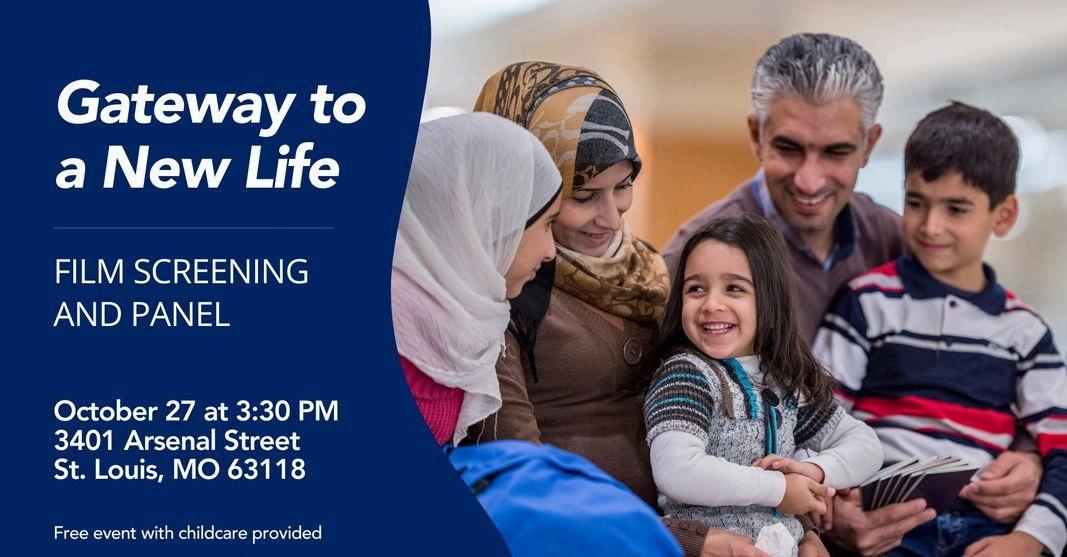
Documentary Screening Highlights Afghan Refugee Resettlement in St. Louis
On October 27th, the Hall of Nations at the International Institute of St. Louis hosted a special screening of Gateway to a New Life, a compelling short film narrated by Afghan actress Leena Alam. The documentary explores the experiences of Afghan refugees resettling in St. Louis, a city facing a declining population.
St. Louis city officials and business leaders have turned to immigration as a potential solution to revitalize the city. Drawing on the success of the Bosnian community, which has transformed neighborhoods and bolstered the local economy since the 1990s, St. Louis aims to replicate this model with Afghan refugees. Many of these individuals, who previously worked for the U.S. military, remain stranded in refugee camps, caught in bureaucratic red tape.
The film sheds light on the efforts of the Afghan Support Program and the International Institute to help these newcomers establish a new life in St. Louis. It captures their resilience and the hope that they bring to their new community, offering a glimpse into how immigration can rejuvenate struggling cities.



Following the screening, a panel discussion moderated by Moji Sidiqi, Director of the Afghan Support Program, deepened the conversation. Panelists included Najeebullah Noori, who resettled in St. Louis after two years as a refugee in Albania and now works at the International Institute; Madina Darwish, an Afghan refugee who arrived in 2016 and serves as a benefits specialist; Zaryalai Nawabi, another Afghan refugee featured in the film; and Kathy Bratkowski, the filmmaker and producer with HEC TV, St. Louis’s leading cultural programming network.
The discussion offered personal insights into the challenges and triumphs of resettlement, emphasizing the critical role of community support. Attendees engaged in a lively Q&A, reflecting on the potential of immigrants to revitalize the city’s economy and cultural landscape
Gateway to a New Life will next be screened on January 12, 2025, at the St. Louis Ethical Society, followed by another panel discussion. This free event is open to the public and aims to spark further dialogue on the importance of immigration. Plans are also underway to screen the film in other U.S. cities with significant Afghan populations, broadening its impact and reach
The film and its accompanying discussions highlight the transformative potential of welcoming refugees and fostering inclusive communities.

Grant Competition: Final Round
This is an excellent opportunity for Afghan residents in the U.S. who are interested in starting a business in St. Louis. St. Louis is known as a great city for investment, offering a supportive community and resources for entrepreneurs. Now, you have the chance to win up to $30,000 to support your business idea and make your entrepreneurial dreams a reality. Don’t miss out on this incredible opportunity! Apply today through the provided link and take the first step toward launching your business.



Moved to the US after August 2021 Either start-up OR business expansion Business
County
AFGHAN ENTREPRENEURSHIP GRANT COMPETITION
A grant allocated to Afghan community development, this grant is available to financially support new arrival Afghan entrepreneurs to start, strengthen, and expand businesses and create employment for new refugees, immigrants, and community members. Afghan refugee, immigrant, asylee, green card holders and parolee
$15,000 grant 10 grants available Goal to develop Afghan businesses Funded by Afghan Support Program

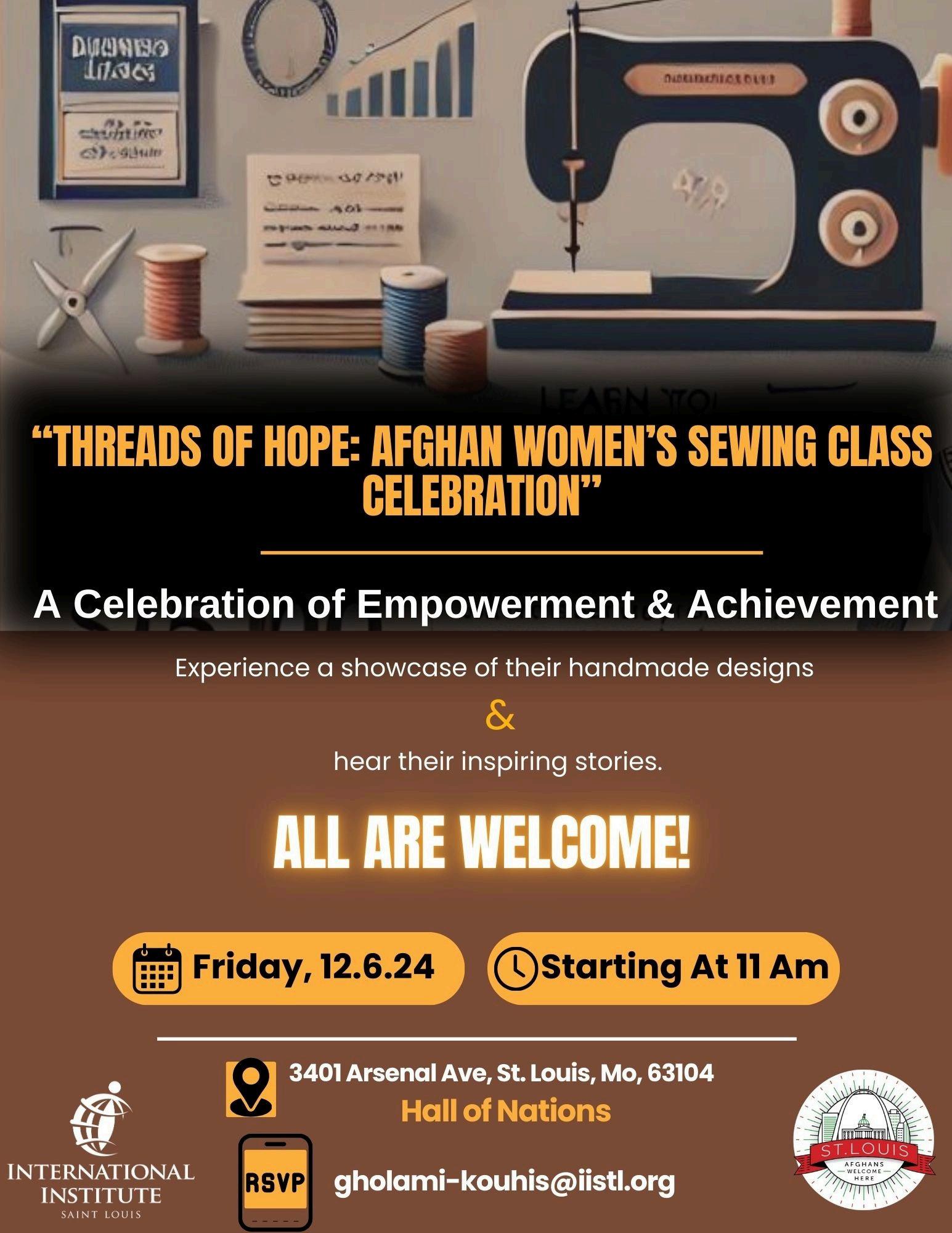

THREADS OF HOPE
Sara Gholami Kouhi | gholami-kouhis@iistl.org

For 12 weeks, Afghan women gathered at the Afghan Community Center to learn fundamental sewing techniques Now, it is time to celebrate their journey, encouraging them to continue learning, grow their independence, and find empowerment through their newfound skills. The “Threads of Hope: Afghan Women’s Sewing Class Celebration” will take place in the Hall of Nations on December 6, 2024 This special event honors these women as they showcase their handmade designs, which reflect their resilience, creativity, and the skills they have gained. This celebration is not just about their sewing achievements but also about their personal growth and the strong community bonds they have formed along the way
Participants will share stories of how the sewing class empowered them, opened doors to new opportunities, and built their confidence The community has supported their passionate journey, and this event stands as a testament to that collective effort.
With generous donations and unwavering encouragement, this program exemplifies how St Louis embraces newcomers and fosters their growth
The celebration is sure to inspire admiration, reinforce the importance of creating opportunities for empowerment, and foster a sense of belonging. It highlights the remarkable achievements of these determined women, showcasing their resilience and dedication
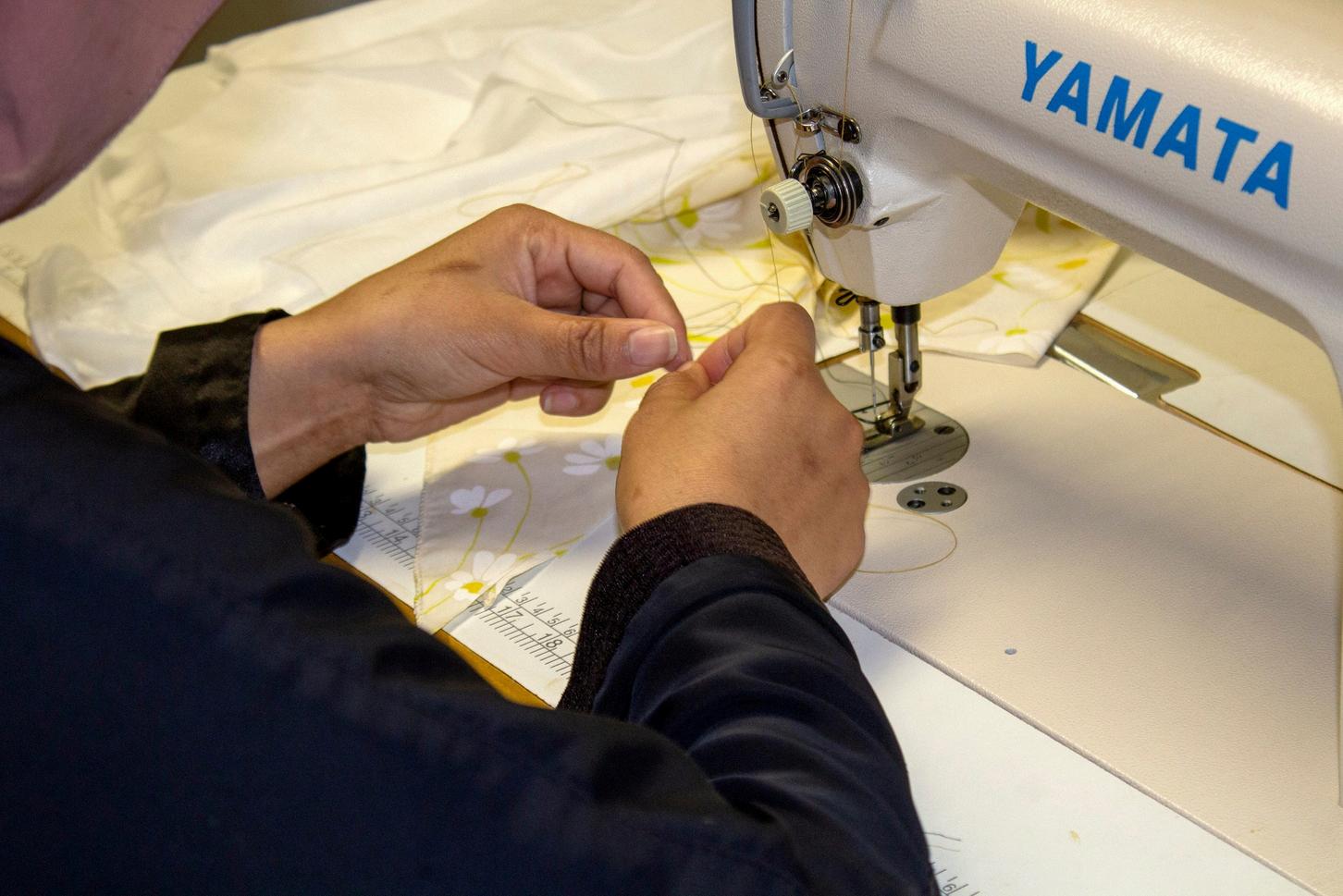


The T-Mobile project is a collaboration between the International Institute and T-Mobile to bring affordable devices and services to new Americans
The T-Mobile project is making a significant impact by providing mobile phones to refugees and immigrants This initiative aims to bridge the digital divide by ensuring that these individuals have access to essential communication tools With mobile phones, they can stay connected with their families, access important information, and navigate their new surroundings more effectively. The devices also serve as a vital resource for accessing educational materials, job opportunities, and healthcare services, ultimately helping them integrate more smoothly into their new communities. This project not only supports their immediate communication needs but also empowers them to build a stable foundation for their future in a new country
Ashraf Khazaalah | khazaalaha@iistl.org
